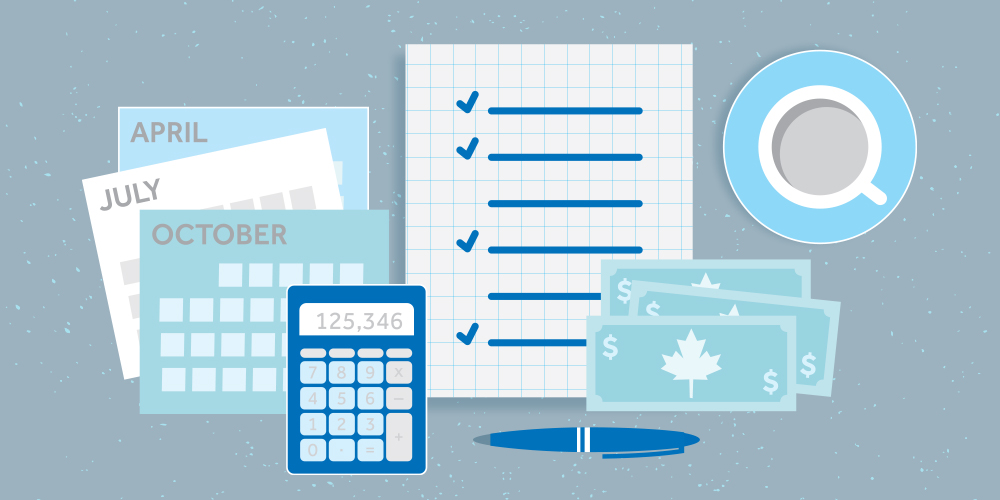As the COVID-19 pandemic continues to progress, many people are looking for ways to alleviate their financial stress. One of the biggest worries you might have right now is your mortgage. Most Canadian financial institutions (including Servus) have heard this loud and clear, and are responding by implementing relief programs, including payment deferrals on mortgages.
While deferring a mortgage is one way to lighten your financial load right now, is it the right choice for you? Before making a quick decision, consider your current situation...
Has your monthly income changed?
Evaluate where you’re at today. Are you currently employed, unemployed or have you been laid off? If your employment status hasn’t changed since the rise of the pandemic, stay the course and stick to your normal savings practices.
If you’re unemployed, or have recently been laid off, have you accessed government assistance? You can find updated information and details on how to apply for employment insurance and benefits on the Government of Canada's website.
If you’ve been required to self-isolate during COVID-19 and have lost income because of this, the Government of Canada has financial supports to help you.
What are your fixed expenses?
Besides your mortgage, what are you spending money on that won't change—groceries, utility and cable or internet bills?
Now add in your mortgage and see how it compares to your monthly income. Try our monthly budgeting tool to make things easier. If your expenses outweigh your income, look at where you might be able to cut back. And if you can't, keep reading because a mortgage deferral might make sense.
Do you have emergency savings?
If you have an emergency savings account, how much do you have saved? If your employment status has changed, or you're facing other emergency expenses, this fund is there to help sustain you. Depending on your expenses, calculate how long this money will last.
What does mortgage deferral mean for your interest payments?
Think of a mortgage deferral as a temporary agreement for when you’re struggling to make other payments (consider all factors above). A deferral won’t cancel or erase the amount owed on your mortgage, and payments resume after an agreed date. Deferrals will not affect your credit bureau scores either.
Servus will not capitalize—or charge interest on interest—on deferred mortgages during the COVID-19 pandemic. Deferring payments will increase total interest costs in the short-term (because you'll still pay the interest eventually), but you won't pay extra interest because you've deferred.
How will this affect your finances long term?
If you’re leaning towards deferring your mortgage payments, consider the impact long term. Mortgage deferrals aren’t loan forgiveness and payments continue after the deferral period. It's important to understand how this might affect your finances in other ways, such as contributing to your retirement savings.
Everyone’s financial situation is different, and changes are rapid in this pandemic. Working with your financial advisor on a “catch-up” plan can lighten the long-term financial impact of a mortgage deferral.
If you have questions about a mortgage deferral with Servus, reach out to your advisor, call our Member Contact Centre at 1.877.378.8728 or send an email. We're here for you and together we can create a plan that’s right for you.


